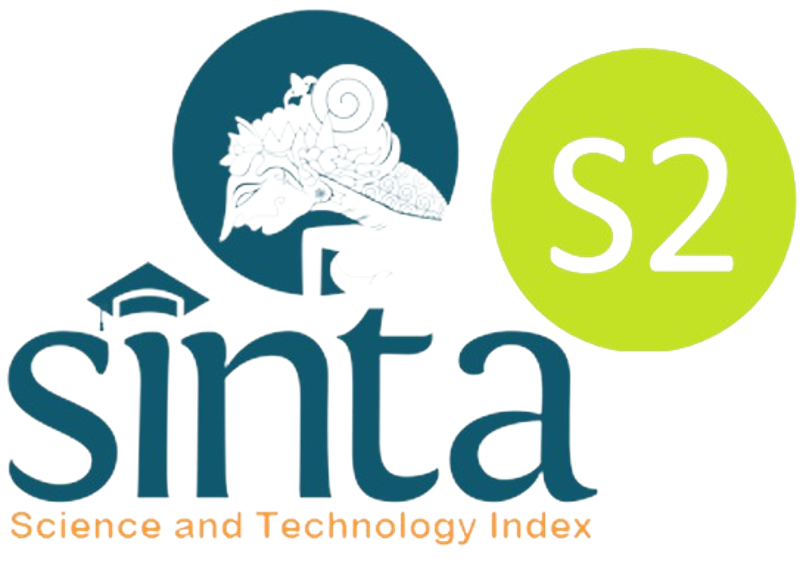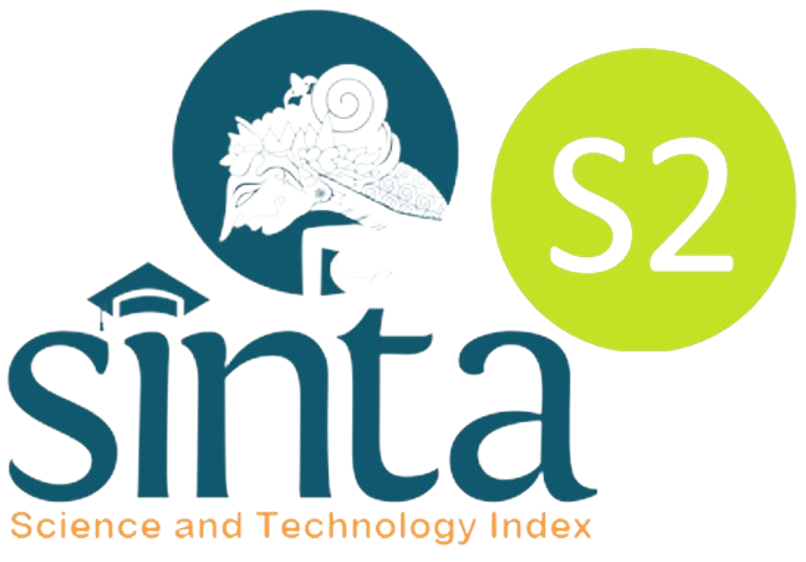ACCREDITATION STATUS
Focus and Scope
Focus and Scope
JPPS (Jurnal Penelitian Pendidikan Sains) publishes articles based on science education research, especially in science, physics, chemistry, and biology. Starting Vol 12 No 1 November 2022 edition, this journal starts to enforce the special focus on “the utilization and optimization of digital technology in the science education”. The digital technology integration includes science learning, media, curriculum, and assessment. It will support this journal for the indexing process on Scopus in the future. There still is free of charge (APC) for publishing. Please immediately to take this advantage for submitting your best relevant article with that new focus. In addition to original articles, the journal features the following special sections:
- Research & Development in Science Education Based Digital Technology: Research & Development area explores the creation and testing of new tools, methods, or frameworks that integrate digital technology into science education. Researchers create a better, smarter, and more enjoyable way of learning science through the use of digital tools and technology. Research & Development in Science Education Based Digital Technology in JPPS to enforce the special focus on “the utilization and optimization of digital technology in the science education".
- Implementation of Digital Technology in Science Education: Consisting of implementation research studies on learning and teaching of digital technology in the science education. We invite manuscripts that investigate learning and its change and growth from various lenses, including psychological, social, cognitive, sociohistorical, and affective. Studies examining the relationship of learning to teaching, the science knowledge and practices, the learners themselves, and the contexts (social, political, physical, ideological, institutional, epistemological, and cultural) are similarly welcome. Implementation of Digital Technology in Science Education in JPPS to enforce the special focus on “the utilization and optimization of digital technology in the science education".
- Issue & Trend of Digital Technology in Science Education: Consisting primarily of analytical, interpretive, or persuasive essays on current educational, social, or philosophical issues and trends relevant to the teaching of science. Issues and trends in JPPS to enforce the special focus on “the utilization and optimization of digital technology in the science education". This special section particularly seeks to promote informed dialogues about current issues in science education, and carefully reasoned papers representing disparate viewpoints are welcomed. Manuscripts submitted for this section may be in the form of a bibliometric, literature review, position paper, a polemical piece, or a creative commentary.
- Culture Studies in Science Education Based Digital Technology: A field of research that looks at howcultural, social, and identity-related factors influence and are influenced by the use of digital technology in science education. This area examines how learners from different cultural backgrounds experience digital science education—how they interact with technology, how their beliefs or identities affect their learning, and how digital tools reflect or neglect cultural diversity.Digital technology has great potential to improve science education, but if cultural factors are ignored, it may actually widen gaps instead of closing them. Culture studies help ensure digital tools are inclusive, respectful, and effective for diverse learners.
The Journal Editorial Board invites any manuscript addressing a relevant science education topic that employs an established and recognized scholarly approach and also impacts or is generalizable to national and international populations. All manuscripts must provide a thorough review of the literature that establishes the research problem or the issue at hand as well as a thorough conclusion that addresses the implications and limitations of the research or argument.
Section Policies
Articles
Peer Review Process
Articles published in JPPS are reviewed by reviewers who are competent in their field. The review process lasts for one month (maximum) from the submit period.
Publication Frequency
JPPS (Jurnal Penelitian Pendidikan Sains) publishes articles based on science education research, especially in science, physics, chemistry, and biology. Starting Vol 12 No 1 November 2022 edition, this journal starts to enforce the special focus on “the utilization and optimization of digital technology in the science education”. Additionally, this journal published in May and November.
Open Access Policy
This journal provides immediate open access to its content on the principle that making research freely available to the public supports a greater global exchange of knowledge.
Archiving
This journal utilizes the LOCKSS system to create a distributed archiving system among participating libraries and permits those libraries to create permanent archives of the journal for purposes of preservation and restoration. More...
Plagiarsm Policies
Articles that have been submitted by the author will be checked for anti-plagiarism by the Turnitin software












